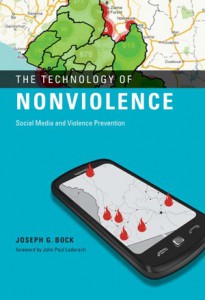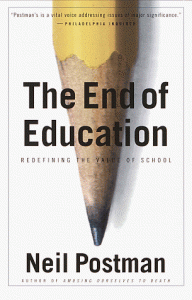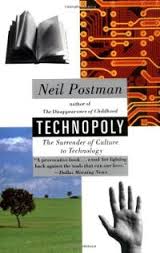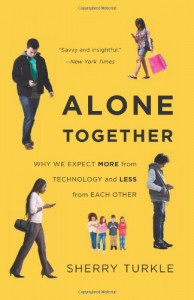
Olivier Zara
5.0 out of 5 stars Sensational — Free Online in English Translation — For Sale Online in French, May 28, 2013
I just read this book in the free online English translation and have very high praise for the original content, the translation, and the graphics. It is a short book, 88 pages in English, with a self-testing appendix that will reveal that most organizations are leveraging, at best, 20% of their collective intelligence potential.
As the European Union, NATO, and the USA all re-examine their fundamental premises in the aftermath of failed elective wars in Afghanistan and Iraq, and all too many adventures, including a predatory attack on Libya to steal its gold, water, and oil, this book is the single best book I have found that could help the new generation of leaders in the EU, NATO, and the USA. The Cold War generals have failed for 50 years — we are long overdue for a new generation of leaders that understands the true cost of war and the fractional cost of waging peace to create a propserous world at peace.
In my own experience with Cold War flag officers, I find they understand three colors — red, yellow, and green. The new generation seems to be much more nuanced, much better read, and much more open to the reality that in war everyone loses except the bankers, and that Sun Tzu had it right centuries ago — the acme of skill is to defeat the enemy without fighting — better yet, utilize collective intelligence to achieve Non-Zero, a prosperous world at peace, a world that works for everyone.
Buy the book in French at AxioPole.com. Read the book free online in English.







